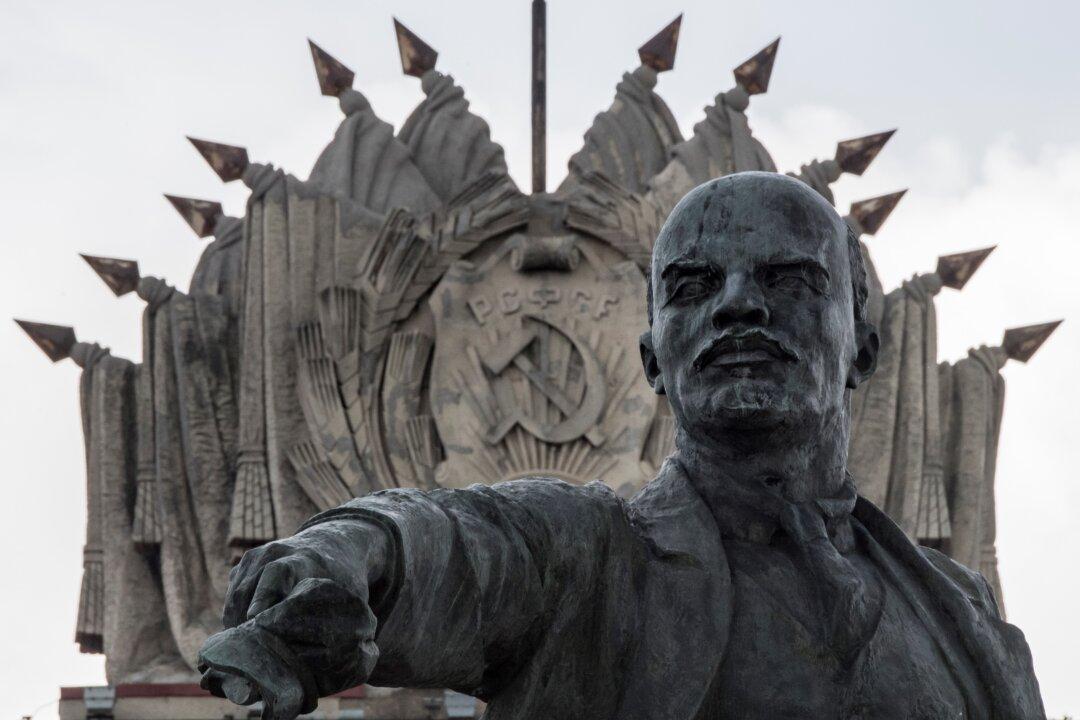Commentary
Once in Moscow, before the downfall of the Soviet Union, I stood in the line to file past the alleged corpse of Lenin in his mausoleum in Red Square. Behind me was a man from Brooklyn, New York.

Once in Moscow, before the downfall of the Soviet Union, I stood in the line to file past the alleged corpse of Lenin in his mausoleum in Red Square. Behind me was a man from Brooklyn, New York.